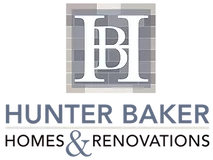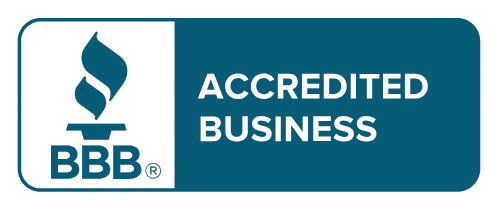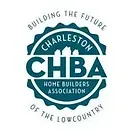LEED Certification for Homes: Charleston's Green Guide
Key Takeaways
- LEED certification for homes in Charleston, SC focuses on energy efficiency, water conservation, and sustainable materials
- Certification levels range from Certified to Platinum, based on points earned across various categories
- Charleston's climate presents unique opportunities for energy-efficient design and renewable energy integration
- Local building codes and historic preservation requirements may impact LEED certification strategies
- LEED-certified homes can lead to lower utility bills, improved indoor air quality, and higher resale values
Understanding LEED Certification for Charleston Homes
LEED (Leadership in Energy and Environmental Design) certification for homes is a rating system that measures the sustainability and eco-friendliness of residential buildings. For Charleston homeowners, pursuing LEED certification can lead to more energy-efficient, comfortable, and environmentally responsible homes. The process involves earning points across various categories, including energy use, water efficiency, materials selection, and indoor environmental quality.
In Charleston's unique coastal climate, LEED certification takes on special significance. The city's hot, humid summers and mild winters present both challenges and opportunities for sustainable home design. By implementing LEED strategies, Charleston homeowners can create homes that are better equipped to handle local weather conditions while reducing their environmental impact.
The Benefits of LEED Certification for Charleston Homeowners
Pursuing LEED certification for your Charleston home can offer numerous advantages. First and foremost, LEED-certified homes are designed to be more energy-efficient, which can lead to significant savings on utility bills. This is especially important in Charleston, where air conditioning costs can be substantial during the hot summer months.
LEED-certified homes also tend to have better indoor air quality, which can be a major benefit in a city known for its high pollen counts and humidity. By using low-VOC materials and implementing proper ventilation strategies, LEED homes can provide a healthier living environment for residents.
Another advantage of LEED certification is increased home value. As sustainability becomes more important to homebuyers, LEED-certified homes often command higher resale prices. This can be a smart investment for Charleston homeowners looking to increase their property values in the long term.
LEED Certification Levels and Point System
LEED certification for homes is based on a point system, with different levels of certification awarded based on the total number of points earned. The four certification levels are:
- Certified (40-49 points)
- Silver (50-59 points)
- Gold (60-79 points)
- Platinum (80+ points)
Points are awarded across several categories, including:
- Location and Transportation
- Sustainable Sites
- Water Efficiency
- Energy and Atmosphere
- Materials and Resources
- Indoor Environmental Quality
- Innovation
- Regional Priority
For Charleston homes, certain categories may be particularly important. For example, water efficiency strategies can help address the city's occasional drought conditions, while energy-efficient design can reduce the need for air conditioning during hot summers.
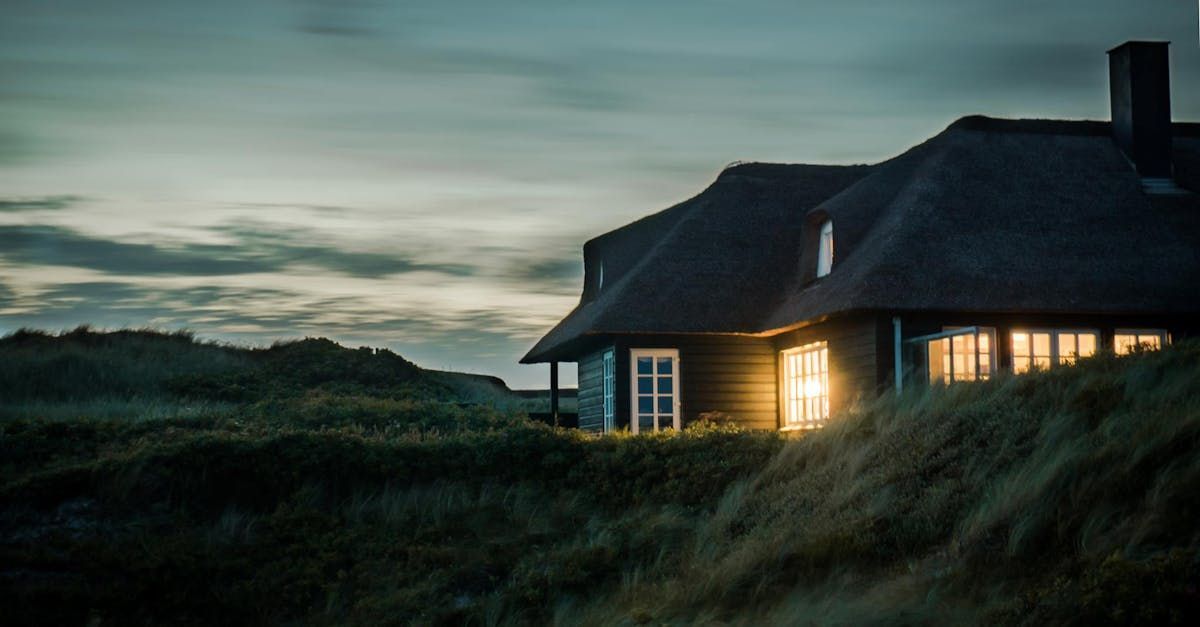
Strategies for Achieving LEED Certification in Charleston
To achieve LEED certification for a Charleston home, homeowners and builders need to implement a range of sustainable strategies. Some key approaches include:
Energy Efficiency
In Charleston's climate, energy efficiency is crucial. This can involve:
- Installing high-efficiency HVAC systems
- Using proper insulation and air sealing techniques
- Implementing passive solar design principles
- Installing energy-efficient windows and doors
- Using energy-efficient appliances and lighting
Water Conservation
Water conservation is important in Charleston, especially during dry spells. Strategies might include:
- Installing low-flow fixtures and appliances
- Implementing rainwater harvesting systems
- Using drought-resistant landscaping (xeriscaping)
- Installing efficient irrigation systems
Sustainable Materials
Choosing sustainable materials can earn points towards LEED certification. This might involve:
- Using locally sourced materials to reduce transportation emissions
- Selecting recycled or reclaimed materials
- Choosing materials with low environmental impact
- Using FSC-certified wood products
Indoor Environmental Quality
Improving indoor air quality is a key component of LEED certification. In Charleston's humid climate, this might involve:
- Installing proper ventilation systems
- Using low-VOC paints, adhesives, and sealants
- Implementing strategies to control moisture and prevent mold growth
- Designing for natural daylight and views
Challenges of LEED Certification in Charleston
While LEED certification can offer many benefits, there are some challenges specific to Charleston that homeowners should be aware of:
Historic Preservation Requirements
Charleston is known for its historic architecture, and many areas have strict preservation requirements. This can sometimes conflict with certain LEED strategies, such as installing solar panels or replacing historic windows. Homeowners in historic districts will need to work closely with local preservation boards to find solutions that meet both LEED and preservation requirements.
Climate Considerations
Charleston's hot, humid climate can make certain LEED strategies more challenging. For example, natural ventilation might be less effective during the summer months, and moisture control becomes particularly important. Homeowners and builders need to carefully consider how LEED strategies will perform in Charleston's specific climate.
Local Building Codes
While Charleston has made strides in promoting green building, some local building codes may not align perfectly with LEED requirements. Homeowners and builders should work closely with local officials to ensure that their LEED strategies comply with all local regulations.
The LEED Certification Process for Charleston Homes
The process of obtaining LEED certification for a Charleston home involves several steps:
- Registration: The project is registered with the U.S. Green Building Council (USGBC).
- Design Phase: The project team develops strategies to meet LEED requirements.
- Construction Phase: LEED strategies are implemented during construction.
- Documentation: The project team submits documentation to prove compliance with LEED requirements.
- Review: The USGBC reviews the submitted documentation.
- Certification: If approved, the project receives its LEED certification.
Throughout this process, it's important to work with professionals who are familiar with both LEED requirements and Charleston's specific building conditions and regulations.
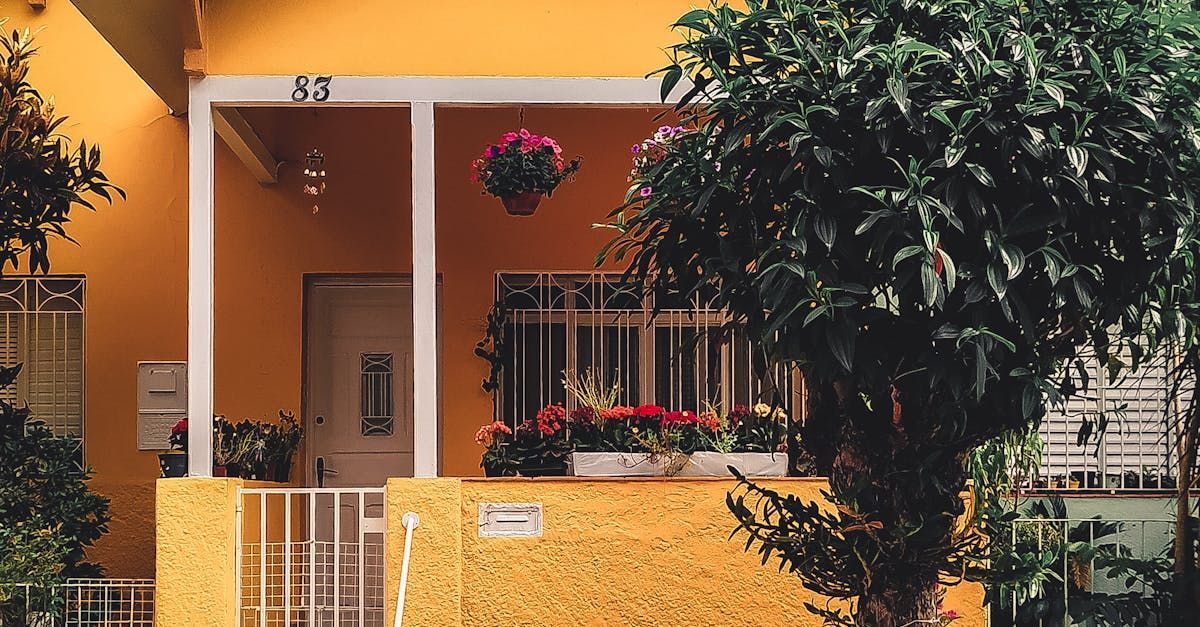
Cost Considerations for LEED Certification in Charleston
While LEED certification can lead to long-term savings, there are upfront costs to consider. These might include:
- Higher costs for certain materials and systems
- Fees for LEED registration and certification
- Costs for energy modeling and other required documentation
- Potential increased design and construction time
However, many of these costs can be offset by long-term energy and water savings, as well as potential increases in property value. Additionally, there may be local incentives available for green building in Charleston that can help offset some of these costs.
Local Resources for LEED Certification in Charleston
Charleston homeowners interested in pursuing LEED certification have several local resources available to them:
- The South Carolina Chapter of the U.S. Green Building Council offers education and networking opportunities related to LEED certification.
- The City of Charleston's Office of Sustainability provides information on local green building initiatives and resources.
- Local architects and builders with LEED experience can provide valuable guidance throughout the certification process.
The Future of LEED Certification in Charleston
As Charleston continues to grow and develop, LEED certification is likely to play an increasingly important role in the local housing market. The city has set ambitious sustainability goals, and green building practices are becoming more mainstream.
Future trends in LEED certification for Charleston homes might include:
- Greater integration of resilience strategies to address sea level rise and storm risks
- Increased focus on renewable energy, particularly solar power
- More emphasis on sustainable transportation options
- Greater attention to the embodied carbon of building materials
Comparing LEED to Other Green Building Standards
While LEED is one of the most well-known green building standards, it's not the only option available to Charleston homeowners. Here's a comparison of LEED with two other popular standards:

Tips for Maintaining LEED Certification in Charleston
Once a Charleston home achieves LEED certification, maintaining that certification is important. Here are some tips:
- Regularly maintain and update energy-efficient systems
- Continue to practice water conservation
- Use green cleaning products and practices
- Educate all household members about sustainable living practices
- Consider recertification every few years to ensure ongoing compliance
Is LEED Certification Right for Your Charleston Home?
LEED certification can offer numerous benefits for Charleston homeowners, from energy savings to improved indoor air quality. However, it also requires a significant investment of time and resources. When deciding whether to pursue LEED certification, Charleston homeowners should consider their long-term goals, budget, and commitment to sustainability.
Ultimately, whether or not a home is formally LEED certified, incorporating sustainable building practices can lead to a more comfortable, efficient, and environmentally friendly home. In a city like Charleston, where natural beauty and historic preservation are highly valued, sustainable home design represents an investment not just in individual properties, but in the future of the community as a whole. For more information, you can visit our website or contact us.

